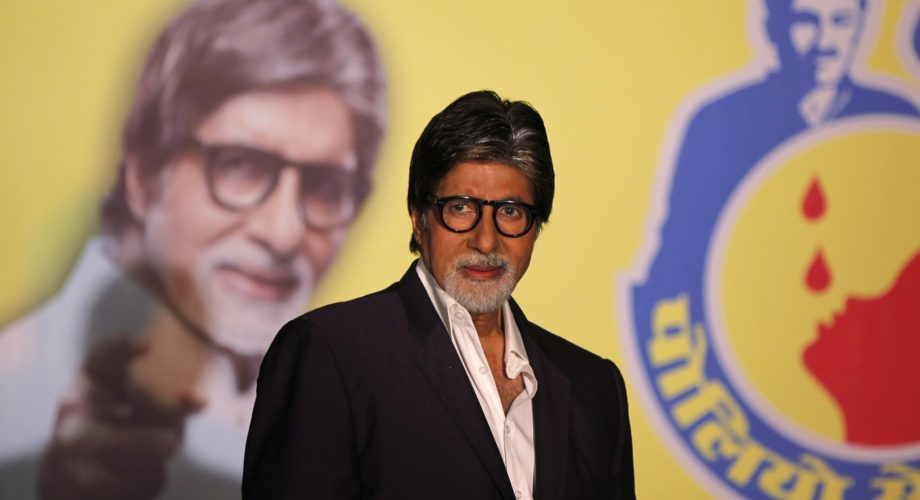
Bollywood superstar Amitabh Bachchan: ‘Spread the word and let the world know that vaccines can save lives’.
There was a time, not that long ago, when eradicating polio from my country seemed like pure fiction. Not even 10 years ago, India was home to nearly half of the world’s polio cases. And when I was a boy, the idea that polio could be defeated was an impossibility, an endless fight, an actual war against infinity.
So the sense of pride I felt on the day, four years ago, when we could finally announce the eradication of polio from India, was outstripped only by my sense of awe at the true legends of this fight – the volunteers and vaccinators who went from door to door, village to village, to give every child those precious drops.
With the launch this week of the latest Avengers comic book Hollywood blockbuster, I want to speak about real-world superheroes.
I remember the summer day in 2014 when I met more than 1,000 polio workers from across India. The energy and enthusiasm in Delhi’s Thyagaraj Stadium was pulsating. It is this very passion that won us the battle against polio in India.
The only way to eradicate polio is to ensure that immunisation coverage reaches virtually every child and stays high. Knowing this, these health workers set about finding every last child, often leaving their own families behind for long periods to travel to the most remote places.
And that’s not just the case in India – it’s a story that rings true all around the world, and not just for polio but for other life-threatening diseases, including pneumonia, measles, tetanus, hepatitis B or diphtheria.
Behind the phenomenal success of vaccines globally lies the hard work of millions of frontline health workers who walk for hundreds of miles, navigating the dense jungles and rivers of Brazil’s Amazon region, or travel to the remote islands of the South Pacific to vaccinate every child. These journeys can be arduous, but volunteers stay the course to protect their communities. Often, they encounter fear, suspicion, and in many cases violence. And they have to combat the myths and convince parents who believe that vaccines are toxic or cause infertility.
Despite the challenges, they carry on with the same energy I saw in that stadium. As part of the largest vaccination campaign against measles and rubella, health workers are currently vaccinating more than 35 million children across India despite great resistance and challenges. In 2016, an estimated 119 million children were vaccinated against measles globally. More children are now protected than ever before.
As of 2016, an estimated 86% of children under one year of age were fully vaccinated against diphtheria, tetanus and pertussis, compared with 52% 30 years ago.
The world is almost polio-free, with only two countries recording polio cases last year. Since 2000, an estimated 20 million children’s lives have been saved through measles immunisation alone. In total, these superheroes save up to an estimated three million children’s lives every year with routine vaccination.
But they need our help. Take away continuing investment in vaccinators, health workers, doctors, transporters, scientists, warehouses, vaccines, cold-chain facilities, and mass-media campaigns, and these successes can quickly unravel.
Conflict, weak health systems, and poverty all mean that approximately one in 10 children under one year of age are still not being reached with routine, life-saving vaccines.
So, I want to ask everyone to make a difference by getting their child vaccinated, fighting rumours and fears with facts, and using social media to spread the word and let the world know that vaccines can save lives.